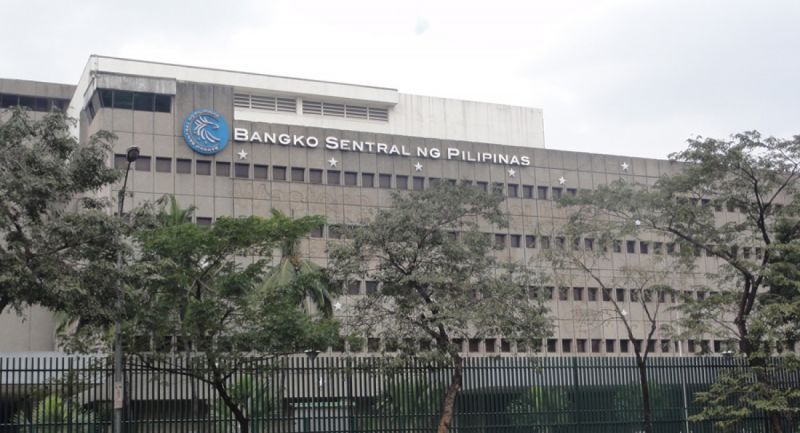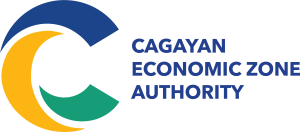CEZA’s Financial Technology Solutions and Offshore Virtual Currency (FTSOVC) License

CEZA’s Financial Technology Solutions and Offshore Virtual Currency (FTSOVC) License
In parallel with the central bank’s virtual currency exchange license, the Cagayan Economic Zone Authority (CEZA), introduced its Digital Asset Token Offering (DATO) regulations and the Financial Technology Solutions and Offshore Virtual Currency (FTSOVC) License last year as part of an initiative called “Crypto Valley Asia” that aims to turn the special economic zone into a regional blockchain hub.
The FTSOVC License, which is meant only for foreign businesses, allows a company based in the special economic zone to engage in crypto trading activities. However, these companies can only provide these services to non-Philippines residents.
There are two kinds of FTSOVC Licenses:
The Principal License, which allows a business to engage in fintech and crypto trading activities. Licensed companies include:
Golden Millennial Quickpay Inc. Ltd.
Ultra Precise Investment Ltd.
Liannet Technology Ltd.
Rare Earth Asia Technologies Corp.
Formosa Financial Holdings Ltd.
Tanzer Holdings Ltd.
Asia Premiere International Ltd.
Orient Express Global Ltd.
White Ranch Limited Ltd.
Dragon Empire Developments Ltd.
Galaxy Plus Developments Ltd.
Tiger Wheel Ltd.
IPE Global Pte. Ltd.
Cr8tiv Solutions Management Ltd.
Sino-Phil Economic Zone Agency Development and Management Corp.
Digifin Technologies Pte. Ltd.
Hong Kong Yuen Shing Hong Ltd.
First Bullion Holdings Inc
OKCoin Philippines Technology Co. Ltd
6X Tech Pte Ltd
Increz Korea
Harseq Inc Limited
FAFA Internet Blockchain (China) Co. Ltd
There Are 41 Crypto Businesses Licensed in Philippines Right Now
Philippines has been taking active steps recently to reform its regulation in efforts to position itself a crypto friendly regime . The country’s central bank, Bangko Sentral ng Pilipinas (BSP), released its rules for domestic exchange in February 2017, seeking to lay down a foundation for the country’s nascent cryptocurrency space.
The rulings require entities offering exchange services to apply for a Certificate of Registration and register with the country’s Anti-Money Laundering Council Secretariat, among other requirements.
But the BSP Circular 944 on virtual currency exchanges only covers crypto-to-fiat conversion activities and vice versa, implying that companies providing virtual exchange conversions via automated teller machines (ATMs) must get the central bank’s approval as well.
The framework doesn’t cover order-book style exchanges, a domain the Philippines Securities and Exchange Commission (SEC) is responsible of and which it has committed to creating rules for by June 2019. That’s the reason why current licensed crypto exchanges in the Philippines only provide instant conversion rate for crypto-to-fiat.
Furthermore, a virtual currency exchange license doesn’t entitle a company to conduct an initial coin offerings (ICO). ICO rules are currently being created and will also be under the domain of the SEC.
So far, the BSP has approved ten crypto exchanges.
Image Credit: Wikimedia
http://fintechnews.sg/30159/philippines/crypto-exchanges-philippines-licensed-ceza-bsp/
INVESTMENT OPPORTUNITIES
VISITOR COUNTER






 Users Today : 200
Users Today : 200 Users Yesterday : 138
Users Yesterday : 138 This Month : 8269
This Month : 8269 This Year : 56433
This Year : 56433 Total Users : 212318
Total Users : 212318 Views Today : 529
Views Today : 529 Total views : 1981443
Total views : 1981443
REPUBLIC OF THE PHILIPPINES
ABOUT GOVPH
Learn more about the Philippine government, its structure, how government works and the people behind it.



